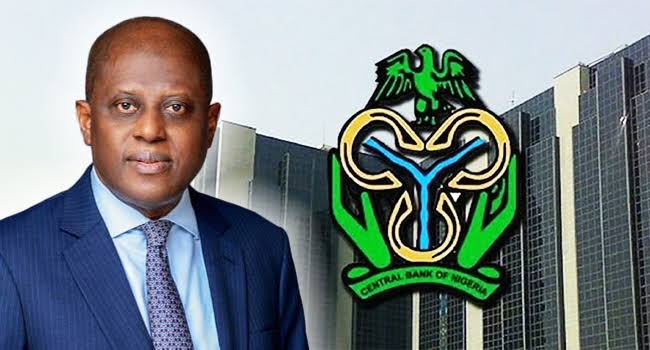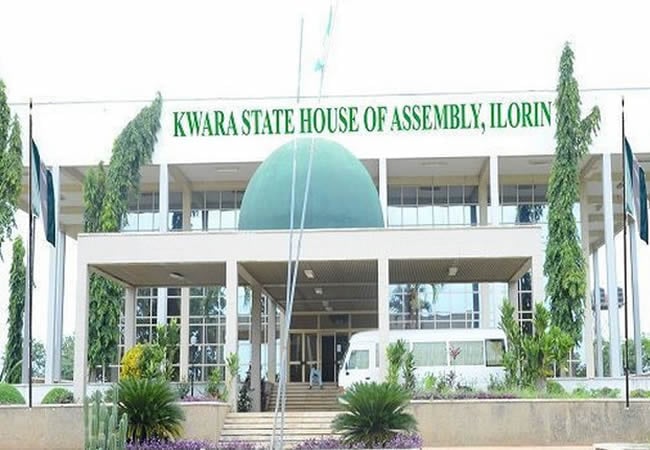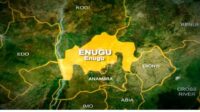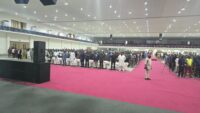From Adanna Nnamani, Abuja
Mounting inflationary pressures and a sharp rise in Nigeria’s money supply could force the Central Bank of Nigeria (CBN) to raise interest rates at its next policy meeting, scheduled for May.
According to the latest CBN data, the country’s broad money supply (M3) surged to N114.22 trillion in March 2025, up 24% year-on-year from N92.19 trillion in March 2024. The figure also marked a 3.2% increase from February 2025, when M3 stood at N110.71 trillion.
This liquidity expansion comes as headline inflation rose to 24.23% in March, from 23.18% in February, stoking concerns about the effectiveness of the apex bank’s tightening policies, including its record-high 50% Cash Reserve Ratio (CRR).
Despite the CRR, which mandates banks to keep half of their deposits with the central bank to restrict lending, money supply has continued to grow, suggesting that other drivers, particularly external inflows, are fueling liquidity.
Data shows that net foreign assets (NFA) rose sharply by 38.9% to N45.17 trillion in March, up from N32.52 trillion in February. This significant increase points to improved capital inflows and stronger external reserves. Conversely, net domestic assets (NDA) dropped by 11.7% to N69.05 trillion, indicating tighter domestic liquidity, possibly due to reduced government borrowing or the CBN’s open market operations.
Between January and March 2025, M3 rose by 2.8%, driven almost entirely by a N11.98 trillion increase in NFA. During the same period, NDA declined by N8.87 trillion. The expansion in M3 was mirrored by M2—money supply excluding institutional investments—which climbed to N114.20 trillion in March, up 24.2% from N91.95 trillion a year earlier.
Narrow money (M1), comprising physical cash and demand deposits, also increased by 19.7% year-on-year to N38.55 trillion, reflecting heightened transactional demand in the economy.
The persistent growth in money supply is adding to inflationary pressures. Month-on-month inflation rose by 3.90% in March, nearly doubling from 2.04% in February, according to the National Bureau of Statistics (NBS). Rising prices for food, transportation, and energy continue to strain household budgets and complicate the CBN’s policy decisions.
Analysts say the CBN may be compelled to raise its benchmark interest rate to rein in inflation and moderate excess liquidity, especially as external factors now play a bigger role in money supply dynamics.
The last Monetary Policy Committee (MPC) meeting in February saw the CBN hold rates steady amid cautious optimism. However, the evolving data landscape could tilt the balance toward tightening.
“The CBN faces a difficult choice. While higher net foreign assets may support the naira, rising inflation and weaker domestic credit are serious concerns. The MPC will have to weigh the risks of stifling economic recovery against the urgency of controlling inflation,” said Oyinbo Samuel, a Financial Analyst.
With money supply expanding despite aggressive policy tools, all eyes are now on the May MPC meeting, where the CBN is expected to take decisive action to tame inflation and stabilize the economy.


















Leave a comment